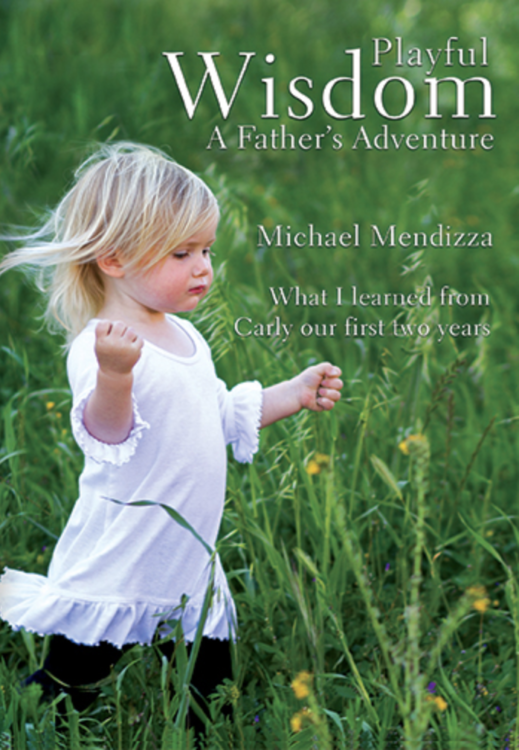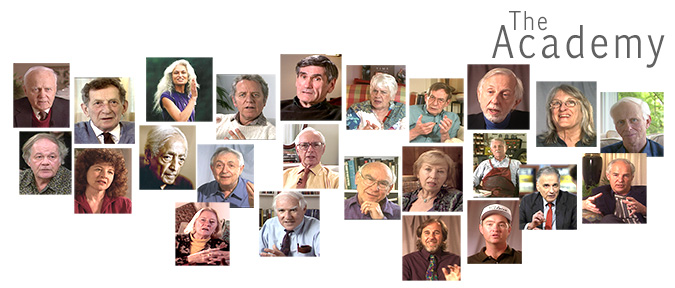Meeting Our Children Half Way
We ‘dults’ have very fixed ideas about how everything must be. “Oh, my, its late, we need to have this done this way and that done that way by such and such a time.” Then comes the next task and the next, all day long, day after day. Even when we are completely engaged with the task De Jure we are anticipating the next with its deadlines, time schedules and pressure. And this basic mind-set we impose on our children, for their own good, of course.
The early child, and by that I mean age two to seven or even later, doesn’t live in our adult-time reality. They swing like a gymnast from one enchantment to the next, absorbed, in a timeless dreamlike state, because what they call play is so compelling. And then, the next idea, the next undreamed of possibility, bursts on the scene like a big firework exploding in their mind, filling their emotions with tremendous energy and feeling. “Let’s make a bed on the floor with a blanked for Bear. Then we can sit beside him and….”

“Oh, no. It’s getting late,” we announce. “Tomorrow is a very big day. We have this and that to do. If you sit by Bear, we won’t have time to read a story before bed.” And on and on it goes. The child is fully committed to their new possibility. The inner story is building like a snowball gathering more and more feeling, more and more possibilities about blankets and sitting together, and how happy Bear will be and we pour a bucket of abstractions over their enchantment – and Bears.
Imagine if you had this very big idea, how it would change Bear’s life and perhaps the whole world, bursting with how important it is to share this vision with the people you love, needing them to share in this experience, and we, the most important people in your life, not only ignore this vision, we insist that bed, without a story, is more important? And we do this all the time, derailing the child’s inner story with our story with its implied superior importance and value. And this dismissive pattern is etched deeply in the child’s psyche long before the conditioning called school does the same thing like a hammer. How would you feel?
Perhaps the greatest challenge we ‘dults’ face is to take the child’s reality, at every age and stage, as seriously as we take their own and to meet the child at least half way. By half way I don’t mean allowing the child to walk all over our face. It means entering into the child’s reality and from the inside nudge the child into the shower, wash both your hair and hers, rinse, fluff with a towel, get dressed and still hold close and honor sitting next to Bear wrapped in his the blanket next to the bed.
We seem to gather and exhibit empathy when there is a bump or a bo-bo. Why not respond with imaginative-empathy to the child’s inner vision, to a new possibility, even, or perhaps most importantly, at this precious early stage of development? What a difference this will make in easing daily confects, but much bigger than that, consider the importance of the epigenetic model-imperative, sharing and valuing creative inspiration and insight. Like the boy who cried wolf in reverse, if we don’t share and value these creative expositions in early childhood, why would we expect our children to value creative insights as they grow older? So much of what we do as parents and teachers is conformity training, conforming to our; “oh, my, its late, we need to have this done this way and that done that way by such and such a time.”
Joseph Chilton Pearce shared, over and over, how developing the capacity to create the inner-image and then using that image in ever more powerful ways to change the outer world, is the true definition of the transformative journey we call human development. We are the model imperative. In essence saying, “stop that,” and insisting that the child share and value our concepts of time, of pressure and obligation, negates this most important capacity, creative vision and imagination in action, what we generally demean as child’s play. The qualities we respect in Albert Einstein are these very same capacities in a mature form. In his wonderful book, Growing Young, Ashely Montagu described how, contrary to culture’s demands, retaining this imaginative genius of childhood, in increasingly mature forms, is the true and natural unfoldment of our design. Childlike, Ashley pointed out, is not at all childish, quite the contrary.
Instead of cleverly or not so, manipulating the child to do our bidding, negating their reality and accepting ours, the world and our children will be well served by our doing the reverse. Our challenge is to meet our children at least half way by entering into, taking seriously and expanding their dream-of-the-moment as we gently and playful guide them into the shower, talking of how happy Bear will be when we dry off.

Photo Shutterstock/Green Aperture

